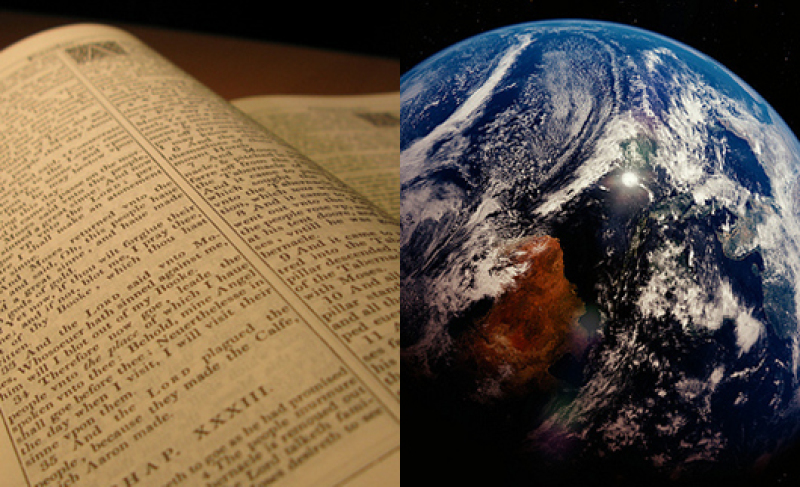
A survey by Pew Research Center found that frequent churchgoers thought science and religion as more compatible than those who visit church sporadically and people who are unaffiliated to any religion.
The poll was conducted on 2,000 adults in 2014 and its findings were released this month. The survey shows that about 50 percent of Americans who visit church weekly say science and religion are not in conflict, while only 46 percent of those who attend church once a month or year, and 27 percent of least religiously observant people, arrived at the same conclusion.
However, more people thought religion and science are incompatible, not based on their own personal belief or sense, but because of their perception of other people's beliefs.
About 59 percent Americans said religious beliefs cannot go with science, and only 38 percent thought religion and science in general are compatible.
But a full 68 percent said their own personal religious belief does not conflict with science, and only 30 percent think it does, according to the survey.
The number of adults who see their personal religious belief and science as incompatible declined from 36 percent in 2009 to 30 percent in 2014. This change in perception was also reflected in religious Americans, whose share in believing that their personal religious beliefs are not in conflict with science decreased from 41 percent to 34 percent during the same time.
About 49 percent of white evangelical Protestants say religion and science are compatible, while 45% think they are not. A greater number, 57 percent, think their personal religious beliefs and science do not conflict, and 40 percent think they do.
Also, about 50 percent of Hispanic Catholics say religion and science don't cancel each other, while 45 percent think they are in conflict. Some 36 percent black protestants think their personal religious beliefs and science are incompatible.
About 30 percent of those Americans who believe science does not resound with their personal beliefs, cite evolution and origin of universe as the cause of their disagreement. But 59 percent of Hispanic Catholics, 73 percent of white Catholics, and 71 percent of white mainstream Protestants say that evolution does not conflict with scripture.
As many as 86 percent of non-religious people believed in evolution, the poll said.
Almost half of the respondents say places of worship can express their perceptions on science and policy. But 66 percent of the religiously unaffiliated thought places of worship should not do that.
Scientists studying the trend of more people viewing religion and science as compatible, say that their views are based on an explanation that finds its ground in multiple levels of causality, which points out that science explains how and religion explains why.
Cristine Legare, Associate Professor in Psychology department, University of Texas at Austin illustrated the reasoning of multiple level of causality:
"If you ask somebody about origins, they might say, 'Well God might be involved, there might be a creationist process. But also evolution might be at play.' So both are involved but there is not a lot of integration. In a third way, which I call integrative reasoning, people use both scientific and religious explanations to explain different levels of causality, in a proximate and distal way," she said.



















